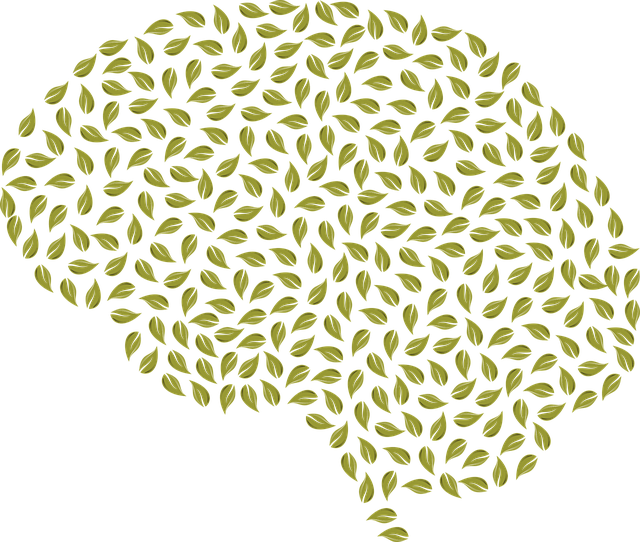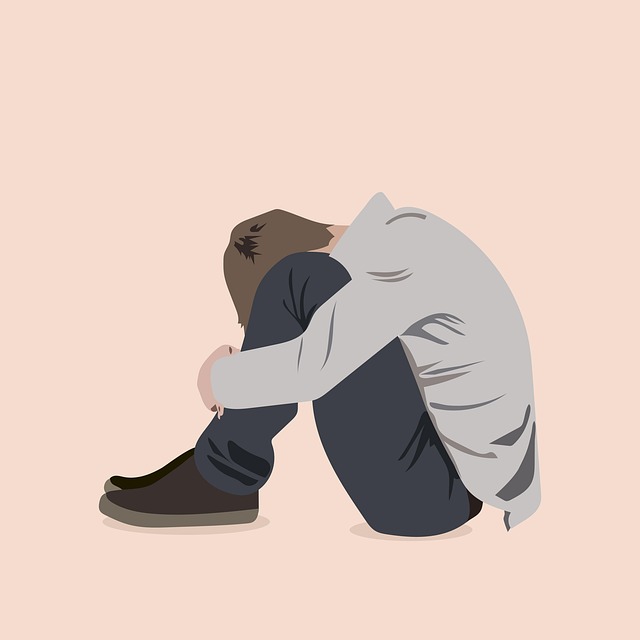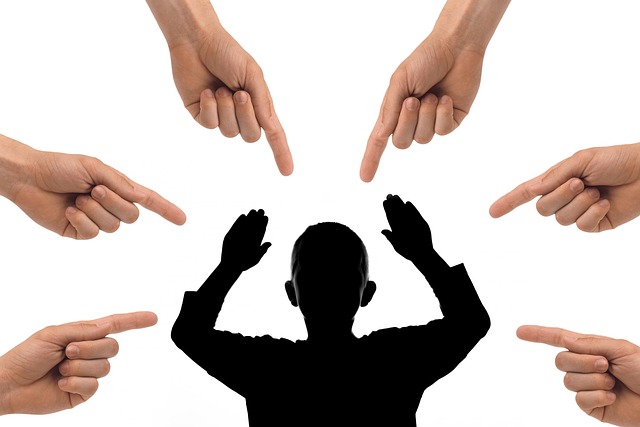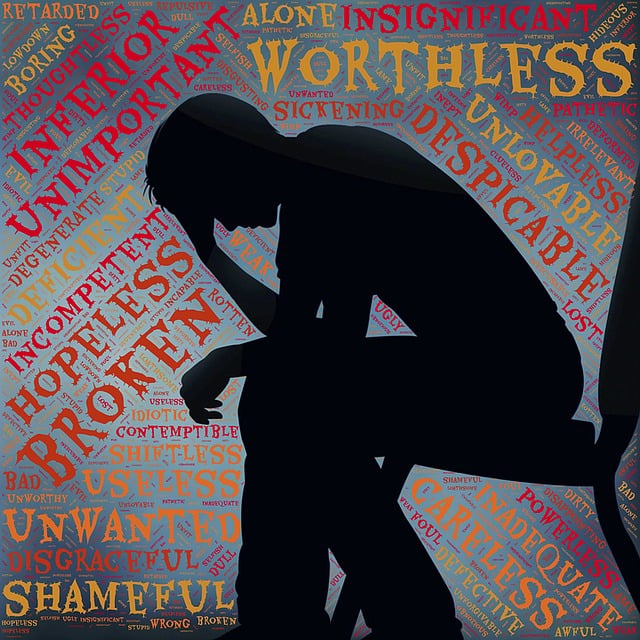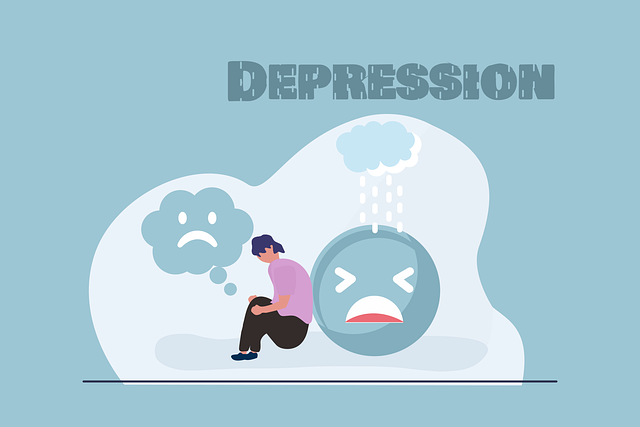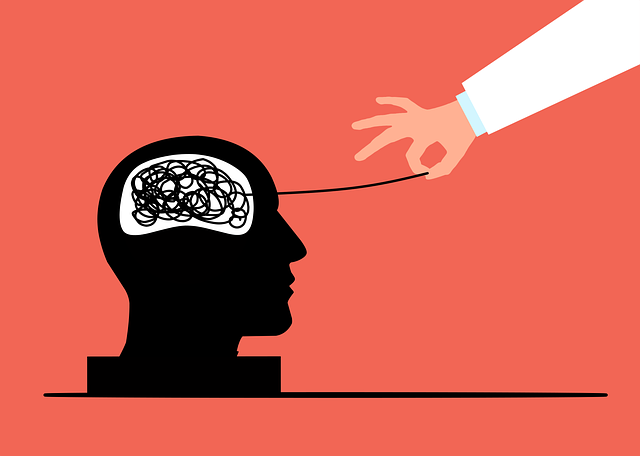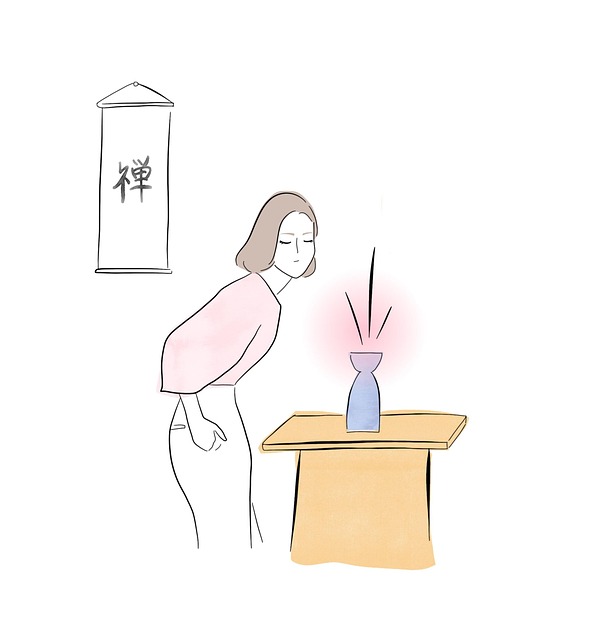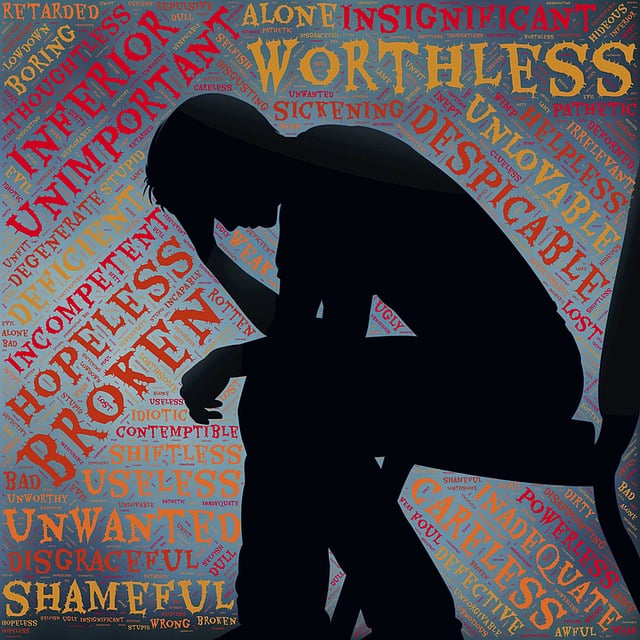Mental wellness self-assessment tools, including those modeled after Lafayette Phobias Therapy, empower individuals to take charge of their emotional well-being in a stressful world. These assessments facilitate early detection and management of mental health issues, from burnout prevention for healthcare workers to conflict resolution techniques for healthier relationships. Tailored assessment tools incorporating innovative methods help therapists create personalized treatment plans for Lafayette Phobias Therapy. Public awareness campaigns further reduce stigma, fostering an inclusive therapeutic landscape where individuals can proactively monitor and manage their mental wellness through regular self-assessments.
Mental wellness self-assessment tools play a crucial role in empowering individuals to take charge of their psychological well-being. This article explores the development and integration of such tools, focusing on specific applications like Lafayette Phobias Therapy. We delve into understanding the importance of self-assessments, developing effective assessment tools tailored for phobia therapy, and integrating these practices into therapeutic routines to enhance patient outcomes.
- Understanding Mental Wellness Self-Assessment Tools
- Developing Effective Assessment Tools for Lafayette Phobias Therapy
- Integrating Self-Assessment into Therapeutic Practices
Understanding Mental Wellness Self-Assessment Tools

Mental wellness self-assessment tools play a pivotal role in empowering individuals to take charge of their mental health. These tools, designed to help people gauge their emotional well-being, are essential components of preventive care, especially in today’s fast-paced world where stress and anxiety are prevalent. By utilizing such assessments, individuals can identify potential issues early on, much like Lafayette Phobias Therapy helps patients confront specific fears.
Self-assessment tools cater to a wide range of mental health aspects, from burnout prevention strategies for healthcare providers, who often face high-stress environments, to conflict resolution techniques that promote healthier interpersonal relationships. Moreover, community outreach program implementations can benefit from these tools to reach and support at-risk populations. They offer a confidential and accessible means to evaluate one’s mental state, encouraging self-reflection and proactivity in managing overall wellness.
Developing Effective Assessment Tools for Lafayette Phobias Therapy

Developing effective assessment tools tailored to Lafayette Phobias Therapy is a critical step in advancing emotional healing processes. These tools play a pivotal role in understanding and addressing specific fears and anxiety disorders, enabling therapists to tailor treatments accordingly. By integrating innovative methods, therapists can create comprehensive assessments that go beyond traditional questionnaires, incorporating visual aids, scenario-based exercises, and interactive technologies to capture the nuances of a patient’s phobia. This personalized approach ensures that treatment plans are not one-size-fits-all but rather targeted and effective for each individual’s unique challenges.
In the context of Lafayette Phobias Therapy, assessment tools should also consider the broader impact on healthcare systems and professionals. Given the nature of phobia treatments, burnout prevention strategies for healthcare providers are essential to sustain a supportive environment. Public Awareness Campaigns Development can play a significant role in this regard by educating the public about phobias, reducing stigma, and fostering an understanding that encourages patients to seek help without apprehension. Such initiatives contribute to creating a more inclusive and accessible therapeutic landscape, ultimately benefiting those who struggle with these specific mental health concerns.
Integrating Self-Assessment into Therapeutic Practices

Integrating self-assessment tools into therapeutic practices is a strategic approach that empowers individuals to take ownership of their mental wellness journey. These assessments provide a comprehensive understanding of an individual’s emotional and psychological state, offering valuable insights for therapists. By incorporating Lafayette Phobias Therapy techniques alongside self-assessment, professionals can tailor interventions effectively. For instance, a client’s self-reported anxiety levels or specific phobia triggers can guide therapy sessions, ensuring focused and personalized care.
The process involves encouraging clients to reflect and evaluate their thoughts, feelings, and behaviors using evidence-based methods aligned with Mind Over Matter principles. This proactive approach enhances mental wellness coaching programs development, enabling individuals to manage their moods and emotions more efficiently. Moreover, regular self-assessments can be instrumental in monitoring progress, identifying new challenges, and adapting strategies for sustained mood management.
Mental wellness self-assessment tools play a pivotal role in enhancing therapeutic outcomes, particularly in areas like Lafayette Phobias Therapy. By integrating these tools into clinical practices, therapists can facilitate improved self-awareness and accurate diagnosis. The benefits extend to patient engagement, enabling them to actively participate in their mental health journey. Moving forward, continued development and research will refine these assessments, ultimately fostering more effective and personalised therapeutic interventions.

